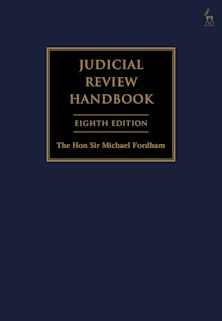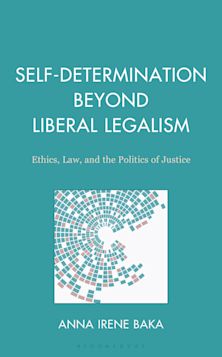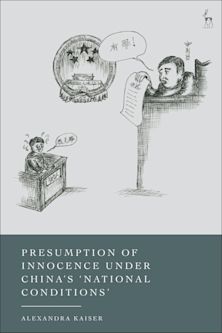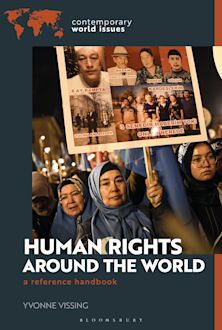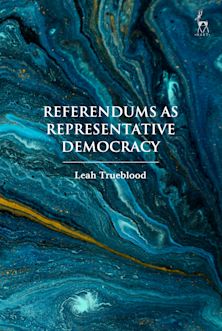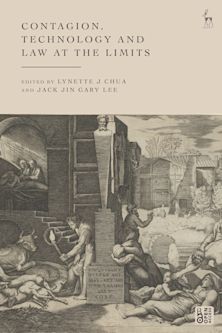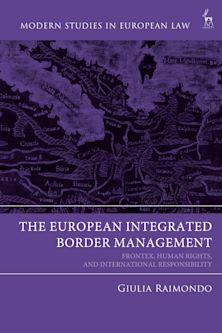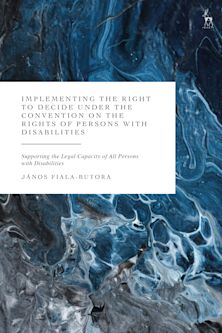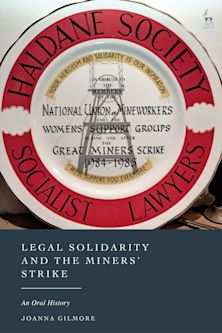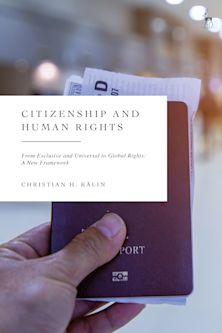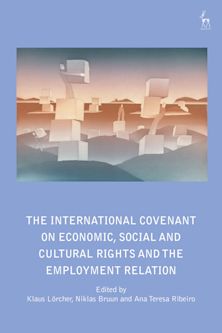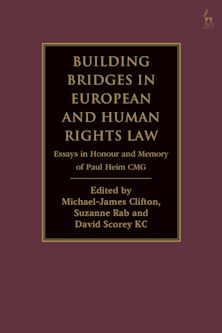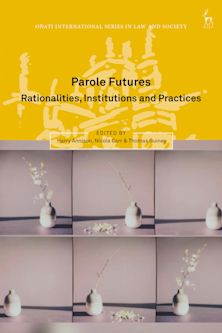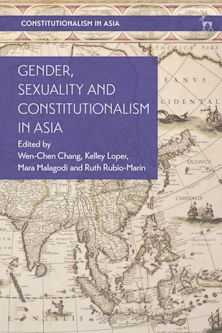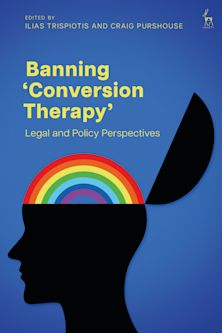The Pathology of Plenty
Natural Resources in International Law
- Open Access
The Pathology of Plenty
Natural Resources in International Law
- Open Access
This product is usually dispatched within 1 week
- Delivery and returns info
-
Free US delivery on orders $35 or over
Description
This open access book critically examines the role international law plays in post-colonial countries, which primarily rely on the exploitation of their natural resources for economic and human development.
Since the 1990s, expressions such as the 'resource curse' and 'paradox of plenty' have been associated with unequal patterns of power and wealth distribution in post-colonial and neo-colonial countries. They have also been applied to the ecological and social costs of natural resources exploitation, and the planetary costs of mineral resources-based production and consumption patterns.
Taking various resource-curse and paradox-of-plenty theories as a starting point, the book illustrates how the law's role in resource-cursed countries is at once constitutive, preventive, remedial and punitive. It does so by engaging with various fields of public international law. The book revisits how rights and principles such as sovereignty over natural resources and economic self-determination were applied in decolonisation processes; studies the proliferation of international treaties protecting foreign property rights; and zooms in on various contract models used in the mineral resources sector to evaluate the distributional choices of cost and revenue.
This will be important reading for scholars in the fields of international law and international development.
The ebook editions of this book are available open access under a CC BY-NC-ND 4.0 licence on bloomsburycollections.com. Open access was funded by the Swiss National Science Foundation.
Table of Contents
2. The Pathology of Plenty
3. The Foundation of Plenty
4. The Hope of Plenty
5. The Temptation of Plenty
6. The Peril of Plenty
7. The Pain of Plenty
8. Conclusion
Product details
| Published | May 29 2025 |
|---|---|
| Format | Hardback |
| Edition | 1st |
| Extent | 168 |
| ISBN | 9781509969623 |
| Imprint | Hart Publishing |
| Dimensions | 9 x 6 inches |
| Series | Studies in International Law |
| Publisher | Bloomsbury Publishing |

OPEN ACCESS
Bloomsbury Open Access
Read and download this book free of charge from Bloomsbury Collections.












